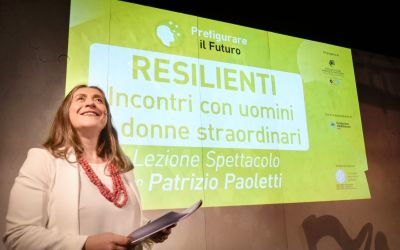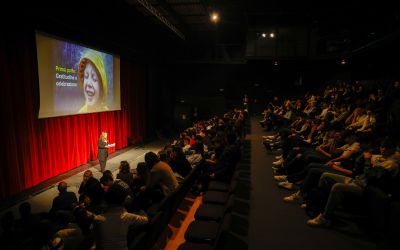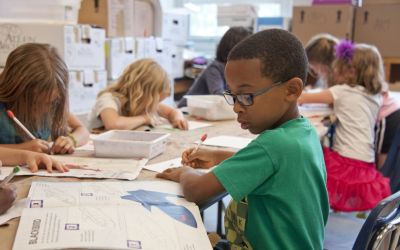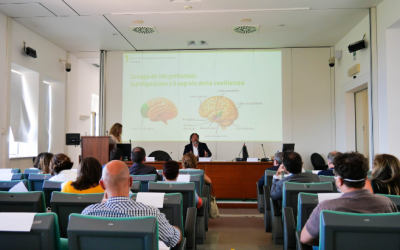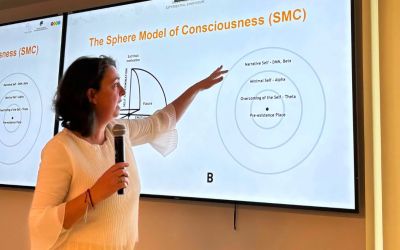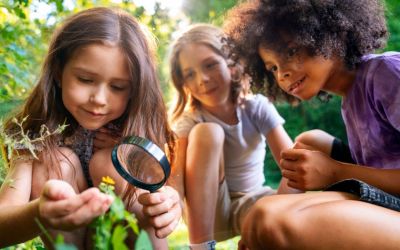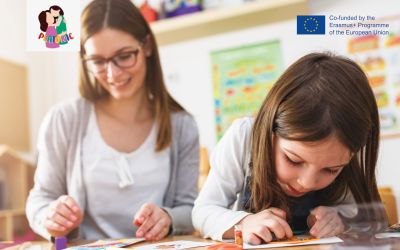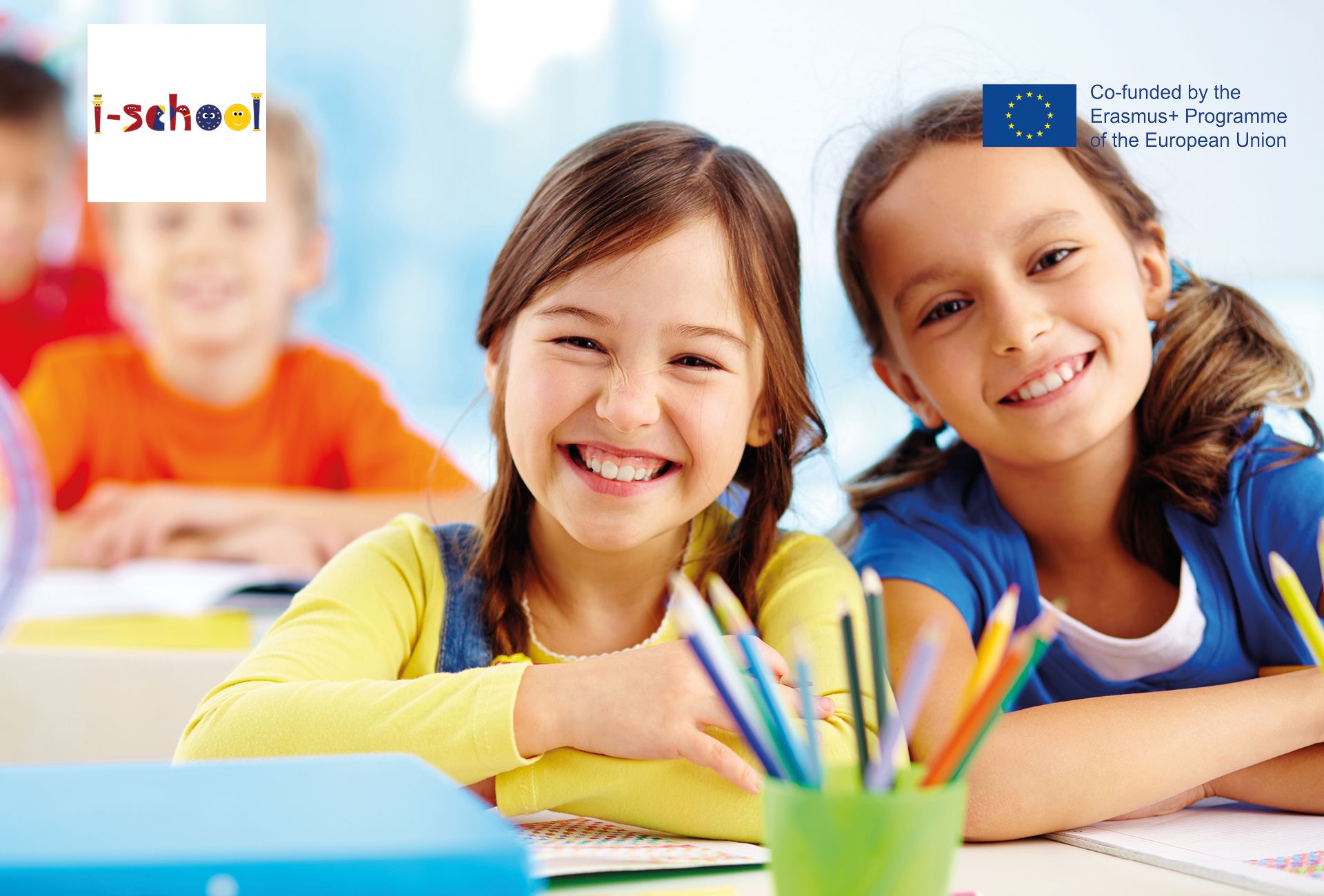
Parte ufficialmente il nuovo progetto Erasmus Plus “i-School”
Per la promozione del patrimonio culturale nella scuola
Il progetto i-SCHOOL contribuisce al riconoscimento del valore sociale ed educativo del patrimonio culturale europeo, ponendosi come obiettivo primario quello di promuovere la conoscenza e aumentare la consapevolezza di insegnanti e studenti riguardo il patrimonio culturale del proprio Paese. Il Partenariato del progetto, composto da organizzazioni provenienti da Grecia, Cipro, Turchia e Italia, si impegna nel favorire la diffusione di una nuova sensibilità culturale, realizzando materiale innovativo per l’integrazione del patrimonio culturale nell’educazione scolastica.
Tra gli obbiettivi del progetto:
- Sviluppare la capacità degli insegnanti della scuola primaria e secondaria d’integrare il patrimonio culturale nelle pratiche didattiche creative attraverso un approccio interdisciplinare;
- Aumentare la conoscenza e la consapevolezza di studenti e insegnanti sul patrimonio culturale del proprio Paese;
- Sviluppo di una serie di strumenti digitali e interattivi: programma educativo per insegnanti e per studenti 10-15 anni;
- Sviluppare relazioni/sinergie tra scuole, istituzioni culturali, ONG giovanili;
Gli obiettivi sopracitati potranno essere raggiunti solo attraverso la realizzazione dei seguenti risultati:
- Corso online I SCHOOL per insegnanti di scuola primaria e secondaria
- Kit di strumenti per il patrimonio culturale I-SCHOOL (pacchetto di formazione con sessioni educative interattive)
- Piattaforma E-Learning (Piattaforma che ospiterà tutti i materiali didattici e di formazione e permetterà agli insegnanti e agli esperti di condividere i materiali)
- GiocoIl gioco non è solo un'attività di svago, ma un elemento f... Leggi digitale “Cultural Warriors” (applicazione)
La Fondazione è responsabile della realizzazione del Corso online per insegnanti (IO1).
Per maggiori informazioni, scriveteci una e-mail a:
progettieu@fondazionepatriziopaoletti.org
- Bateson G. (1984) Mente e natura: un’unità necessaria, Adelphi, Milano.
- Bruner J.S. (1999) Verso una teoria dell’istruzione, Armando Editore, Roma.
- Doman G., Doman J. (1998) Imparare la matematica a tre anni, Armando Editore, Roma.
- Feuerstein R. (1995) Non accettarmi come sono, Sansoni Editore, Milano.
- Gardner H. (1987) Formae mentis: saggio sulla pluralità dell’intelligenza, Feltrinelli, Milano.
- Gazzaniga M. (1989) Il cervello sociale, Giunti, Firenze.
- MacLean P.D. (1984) Evoluzione del cervello e comportamento umano, Einaudi, Milano.
- Montessori, M. (1918). Il metodo della pedagogiaLa pedagogia rappresenta un ponte tra le diverse discipline ... Leggi scientifica applicato all’educazione infantile nelle case dei bambini. Maglio ne & Strini.
- Morin E. (2001) I sette saperi necessari all’educazione del futuro, Cortina, Milano.
- Paoletti, P. (2008). Crescere nell’eccellenza. Armando Editore.
- Paoletti, P., & Selvaggio, A. (2010). Osservazione. Quaderni di Pedagogia per il terzo MillennioPedagogia per il Terzo Millennio (PTM) è un metodo interdis... Leggi. Perugia: Edizioni 3P
- Paoletti, P., & Selvaggio, A. (2011). Mediazione. Quaderni di Pedagogia per il terzo Millennio. Perugia: Edizioni 3P
- Paoletti, P., & Selvaggio, A. (2012). Traslazione. Quaderni di Pedagogia per il terzo Millennio. Perugia: Edizioni 3P
- Paoletti, P., & Selvaggio, A. (2013). Normalizzazione. Quaderni di Pedagogia per il terzo Millennio. Perugia: Edizioni 3P
- Paoletti, P. (2018). OMM The One Minute Meditation. Tenero, CH: Medidea.
Paoletti, P.; Soussan, T. D. B. (2019). The sphere model of consciousness: from geometrical to neuro-psycho-educational perspectives. Logica Universalis, 13(3), 395-415. https://doi.org/10.1007/s11787-019-00226-0
Sii parte del cambiamento. Condividere responsabilmente contenuti è un gesto che significa sostenibilità
